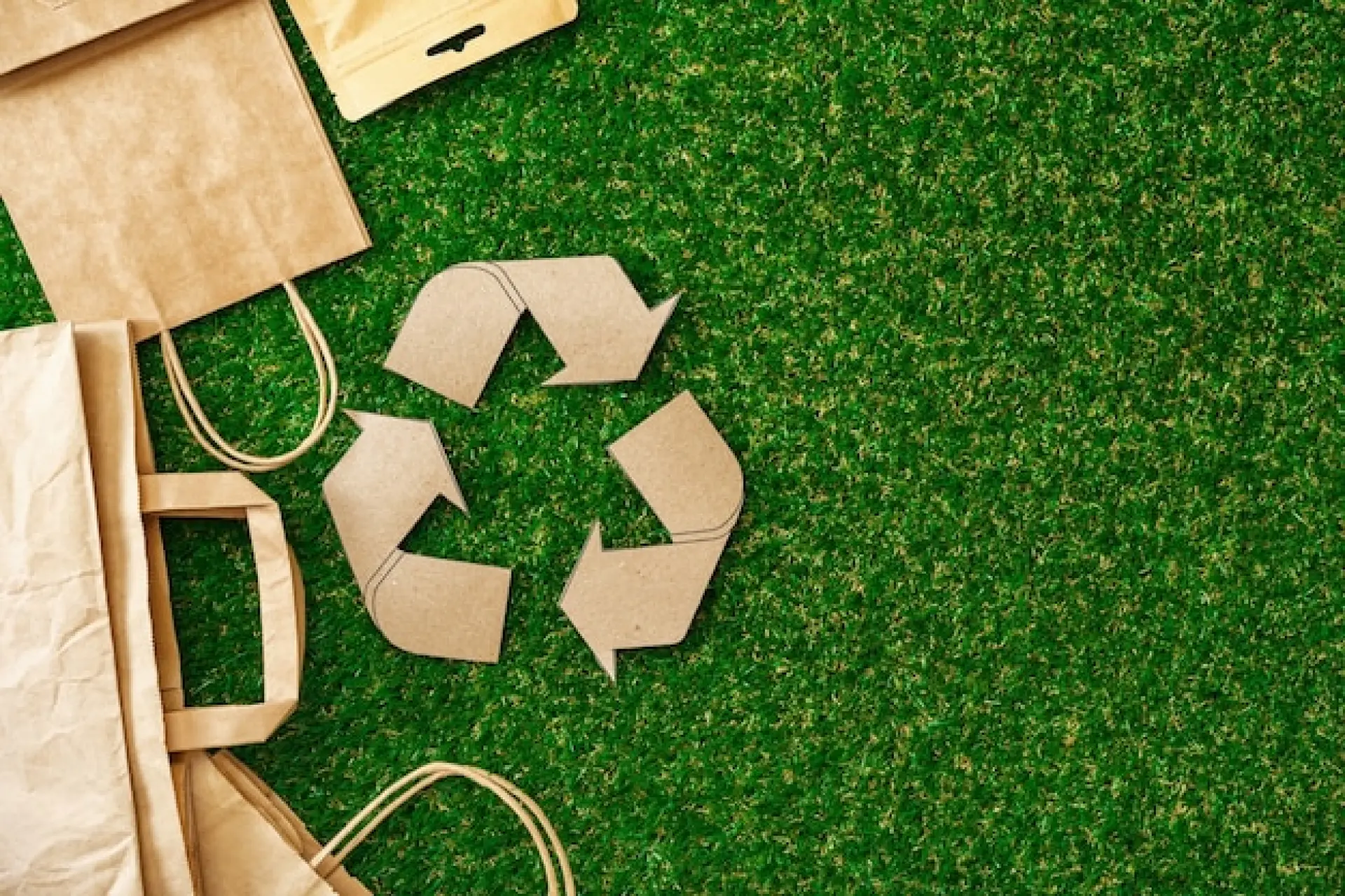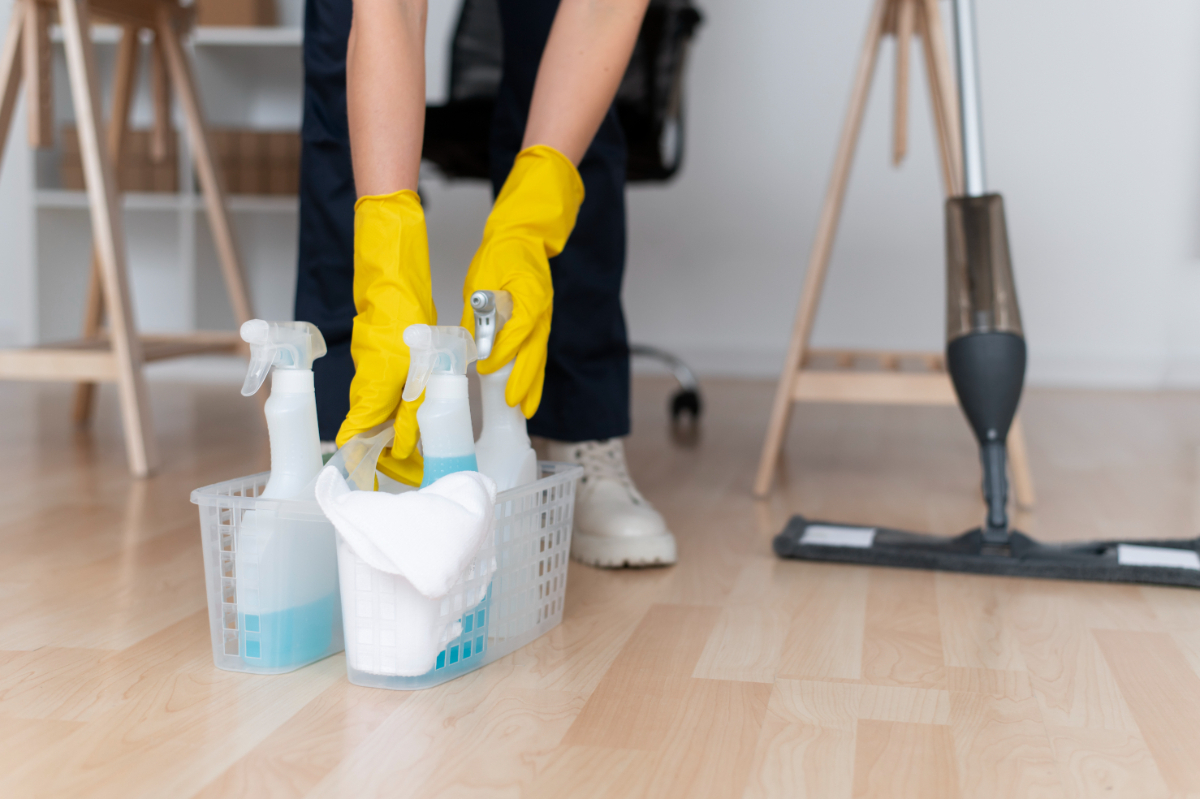Learn to protect our planet with our guide to recycling and responsible waste disposal. Discover how simple actions can make a big difference in preserving natural resources.
Why Recycling and Responsible Waste Disposal Matter
Recycling and responsible waste disposal are important because they help protect our planet from harm. When we throw rubbish away without thinking, it can end up in landfills or in nature, where it might hurt animals, pollute our rivers, or even enter our food chain.
By sorting our waste properly and recycling what we can, we make sure that fewer materials go to landfill sites. This also means we can give old items a new life, which saves energy and helps preserve natural resources.
Responsible waste disposal matters because it shows we care about the environment and future generations. If we all play our part, we can keep our air and water cleaner, and our surroundings safer for everyone. It also costs less money and uses fewer resources than cleaning up the damage caused by poor waste management.
Think about the things you use every day, like plastic bottles, paper, and food packaging. By putting them in the right bins, you can help reduce pollution and keep your community tidy.
Even small actions, like reusing a plastic bag or choosing an item with less packaging, can make a big difference. When we all work together, we can make the world a healthier place to live, now and for years to come.
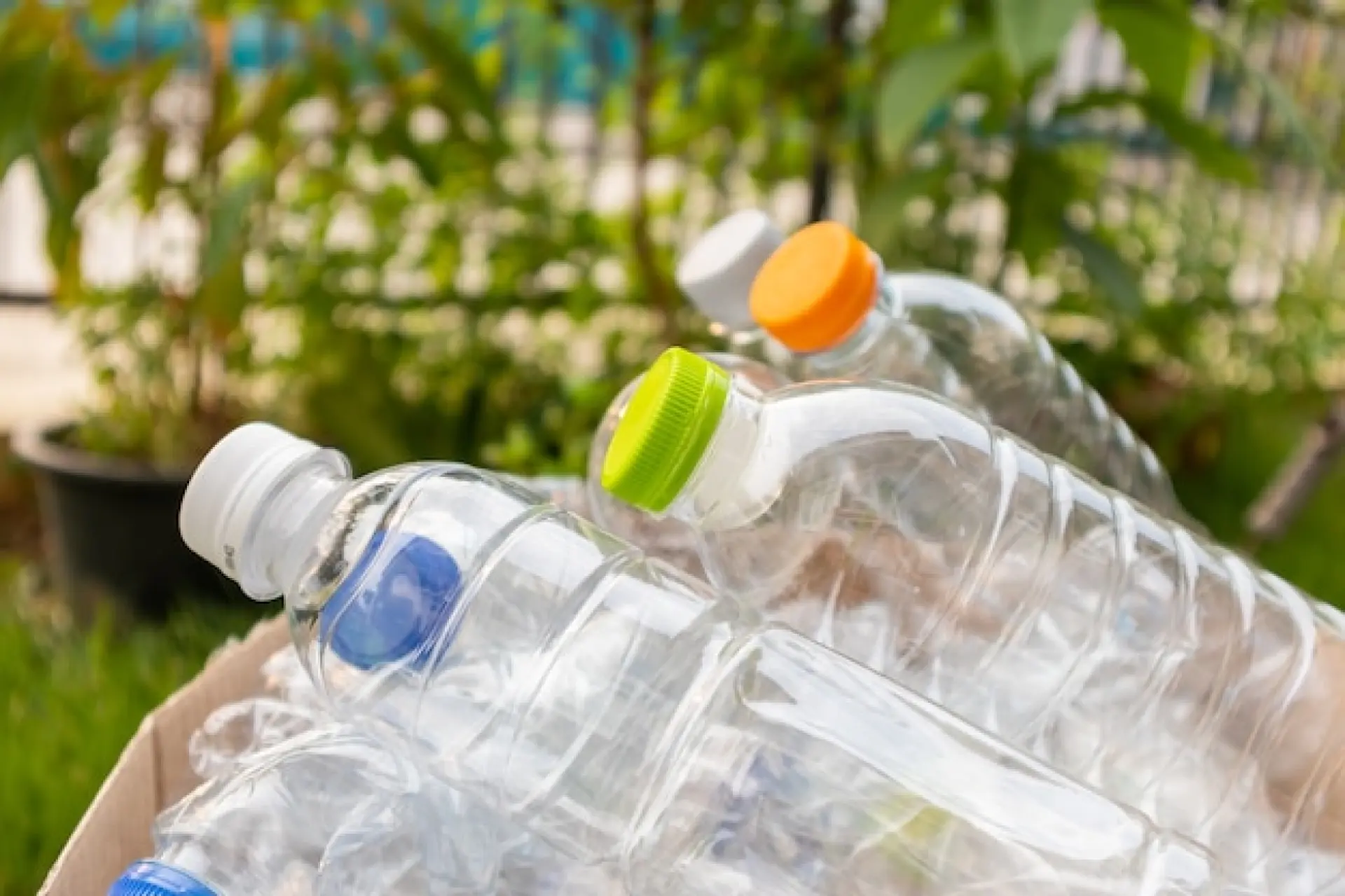
Understanding Different Types of Waste
Waste comes in many forms, and learning about these different types helps us know how to manage them responsibly. Below are some common kinds of waste and why they matter.
Household Rubbish
This is the waste we produce at home, such as plastic wrappers, paper towels, and leftover food.
Household rubbish goes into your main bin, but a lot of it can actually be recycled or composted if sorted properly.
Recyclable Materials
Items like paper, cardboard, plastic bottles, glass jars, and metal cans can usually be recycled.
When you recycle these objects, they can be turned into new products. This saves raw materials, reduces pollution, and helps slow down the filling of landfill sites.
Hazardous Waste
Things like batteries, paint, and certain cleaning products can harm people, animals, or the environment if disposed of incorrectly.
Hazardous waste should be taken to special collection points where experts can handle it safely. This prevents toxic chemicals from leaking into soil and water.
Food and Garden Waste
Fruit peels, vegetable scraps, and grass clippings can often be turned into compost.
Composting helps return nutrients to the soil and reduces the amount of rubbish sent to landfill. This is a simple way to help plants grow strong and healthy.
Electronic Waste
Old mobile phones, computers, and televisions contain parts that can be recycled or reused.
Electronics also have harmful chemicals inside, so never throw them in the regular bin. Instead, take them to a recycling centre that specialises in electronic items.
Bulky Waste
Large items like furniture or appliances may need special pick-up services. These items can sometimes be fixed and donated, rather than thrown away. Reusing them prevents useful materials from going to waste and helps others who might need them.
By understanding these different kinds of waste, we can all make better choices about what we throw out, what can be reused, and what deserves a second chance.
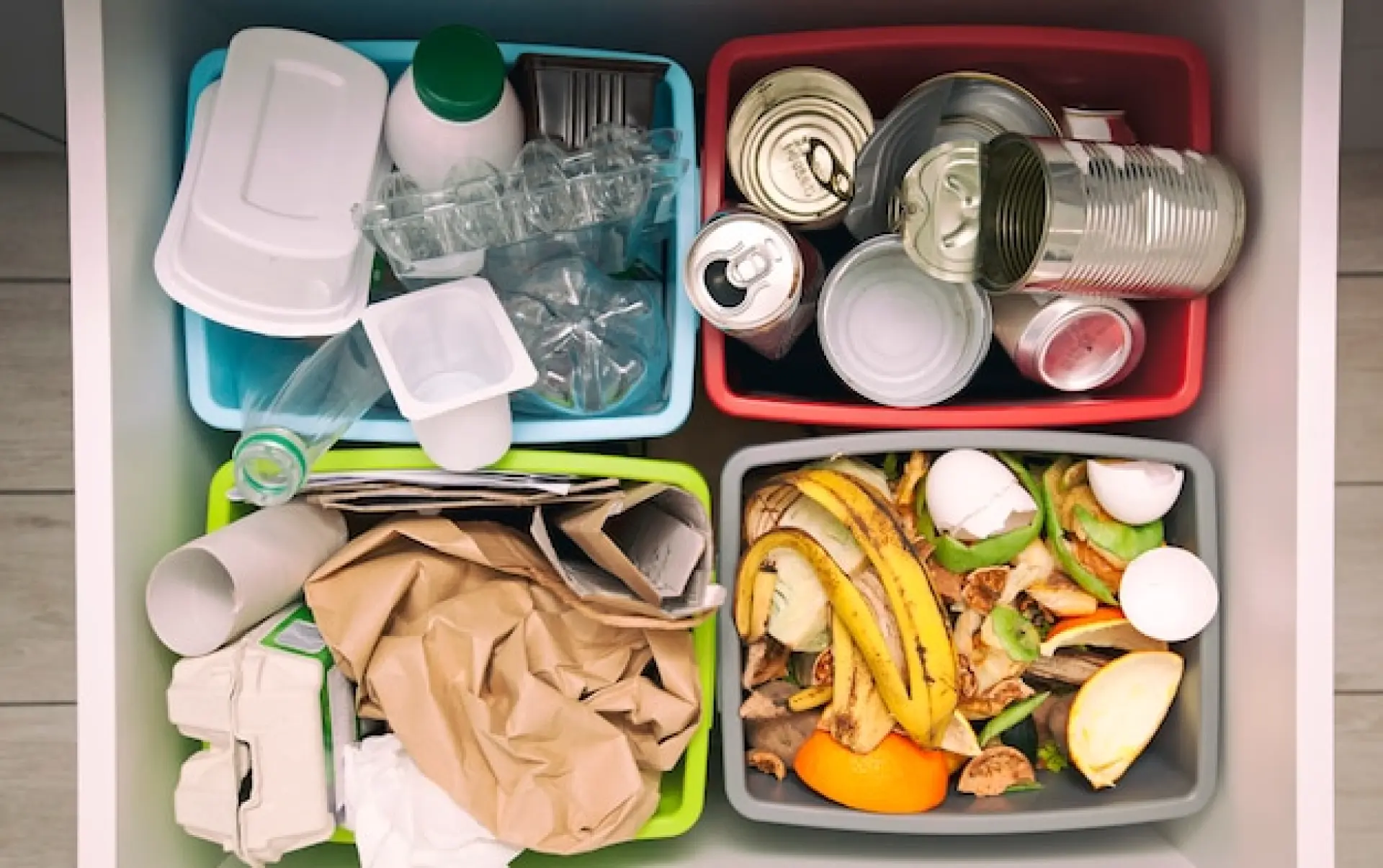
How to Sort and Separate Waste Effectively
Sorting and separating waste is not difficult when you know what belongs in each bin. First, have separate containers at home for general rubbish, recyclables, and, if possible, compost. Label these containers clearly, so everyone knows which bin to use. You might even use different colours to make it easier to tell them apart.
When you are about to throw something away, think about whether it can be recycled or reused. Paper, cardboard, plastic bottles, metal cans, and glass jars usually go into the recycling bin. Check the labels and symbols on packaging if you are unsure. Food scraps, tea bags, and fruit peels can often be composted, turning them into rich soil for your garden.
For items that are not recyclable, place them in your general rubbish bin. However, be sure to set aside any electronics, batteries, or chemicals for safe disposal at a designated location. This keeps dangerous substances out of landfills and the environment.
Sorting waste properly means fewer things end up where they do not belong. It also helps recycling centres do their jobs more efficiently, saving energy and resources. By making a habit of separating your waste each day, you can make a positive impact on the environment without much extra effort.
The Benefits of Recycling
Recycling offers many rewards for both people and the planet. One major benefit is that it helps conserve natural resources.
When we recycle paper, for example, fewer trees need to be cut down to make new products. This is important because trees clean our air and provide homes for wildlife.
Another advantage of recycling is that it uses less energy than creating new items from scratch.
Making a bottle from recycled plastic, rather than fresh materials, saves electricity and reduces greenhouse gas emissions. This helps slow down climate change and keeps our air cleaner.
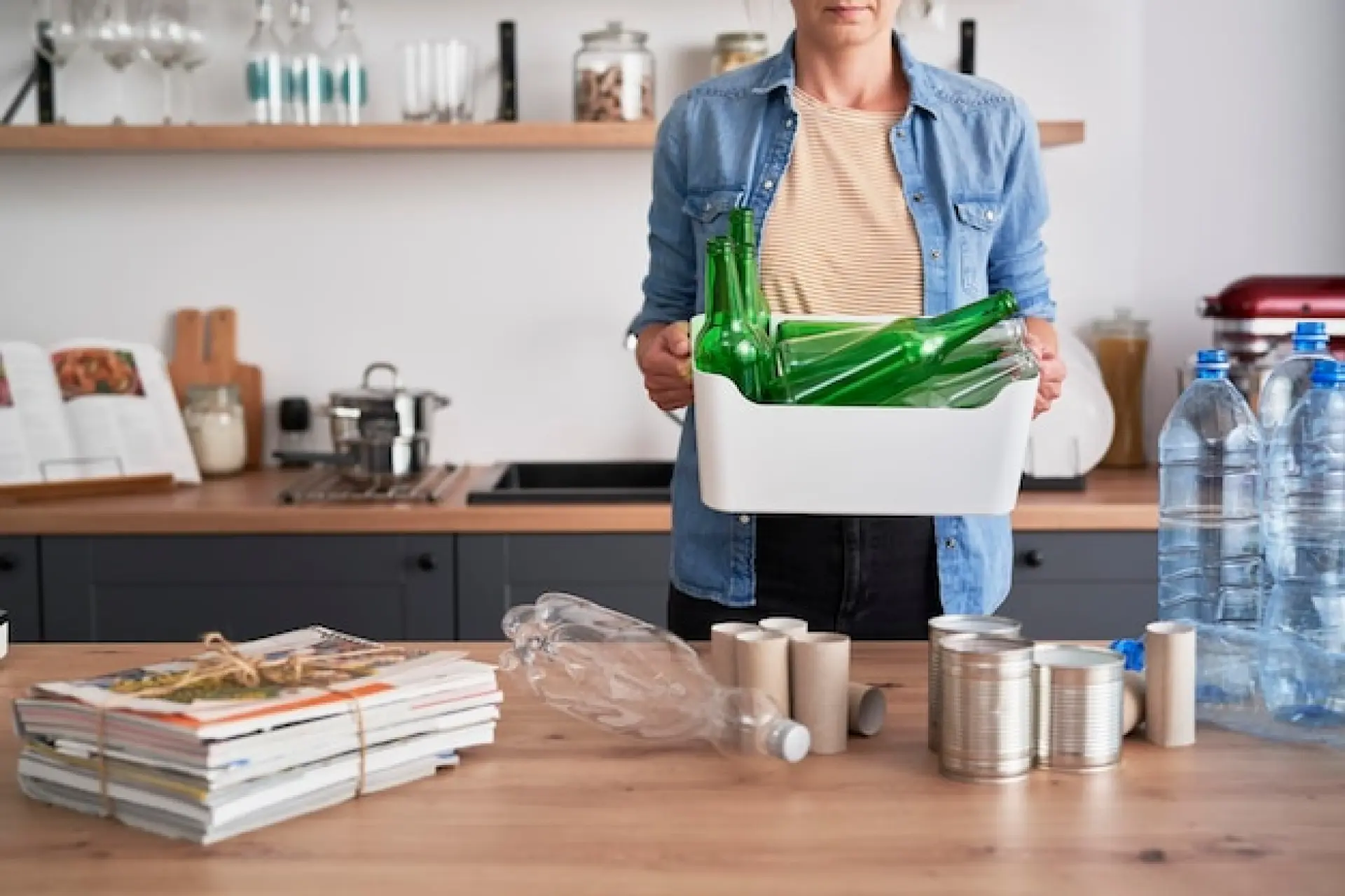
Recycling also cuts down on the waste going to landfills. When rubbish piles up in these sites, it can take hundreds of years to break down, if it breaks down at all. Some materials, like certain plastics, may never fully decompose. By recycling, we keep harmful items out of landfills and reduce pollution in our surroundings.
Finally, recycling can create new jobs and opportunities. People are needed to collect, sort, and process recyclable materials. Businesses that turn recycled waste into new goods also provide employment. In this way, recycling is good for communities and the environment at the same time. By doing your part, you help ensure a better future for everyone.
How to Reduce Waste and Live More Sustainably
Living more sustainably means making choices that create less rubbish and protect our planet. It is not as hard as you might think. With a few simple changes to your daily habits, you can help reduce waste and make a real difference.
Buy Less, Choose Wisely
One of the easiest ways to cut down on waste is to buy fewer things. Before you purchase something, ask yourself if you really need it or if you can borrow it instead.
When you do shop, look for products with little or no packaging, and choose items made from recycled or sustainable materials.
Reuse and Repurpose
Instead of throwing things away after using them once, try to give them a second life. You could wash and reuse jars to store small items, or turn old clothes into cleaning rags.
By finding new uses for everyday objects, you save money and keep extra waste out of landfills.
Think About Food Waste
Plan your meals and write a shopping list before visiting the supermarket. This way, you only buy what you actually need and avoid throwing away spoiled food.
If you do have leftovers, store them properly, or turn them into a new dish. Remember to compost fruit and vegetable scraps to enrich your soil.
Make Eco-Friendly Choices
Consider walking, cycling, or using public transport whenever possible to reduce pollution. Bring reusable water bottles and lunchboxes instead of disposable containers.
If you have a garden, grow your own vegetables or herbs, which can cut down on packaging waste. Simple acts, like turning off lights and unplugging devices when not in use, also help conserve energy.
By following these tips, you can start living more sustainably today. Every small step you take helps protect our environment, and when more people do the same, the benefits multiply. Together, we can reduce waste and create a healthier future for everyone.
Looking for a professional waste removal service? J.S Movers UK Ltd provides reliable and eco-friendly waste disposal solutions to keep your home and surroundings clean. Whether you need to remove household rubbish, garden waste, or bulky items, we handle it all safely and efficiently.

